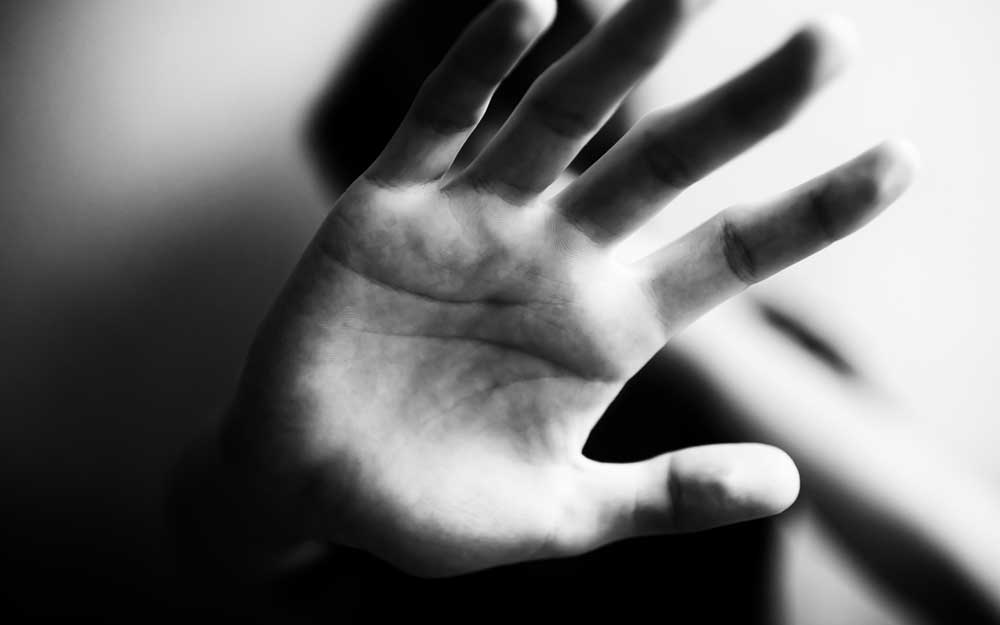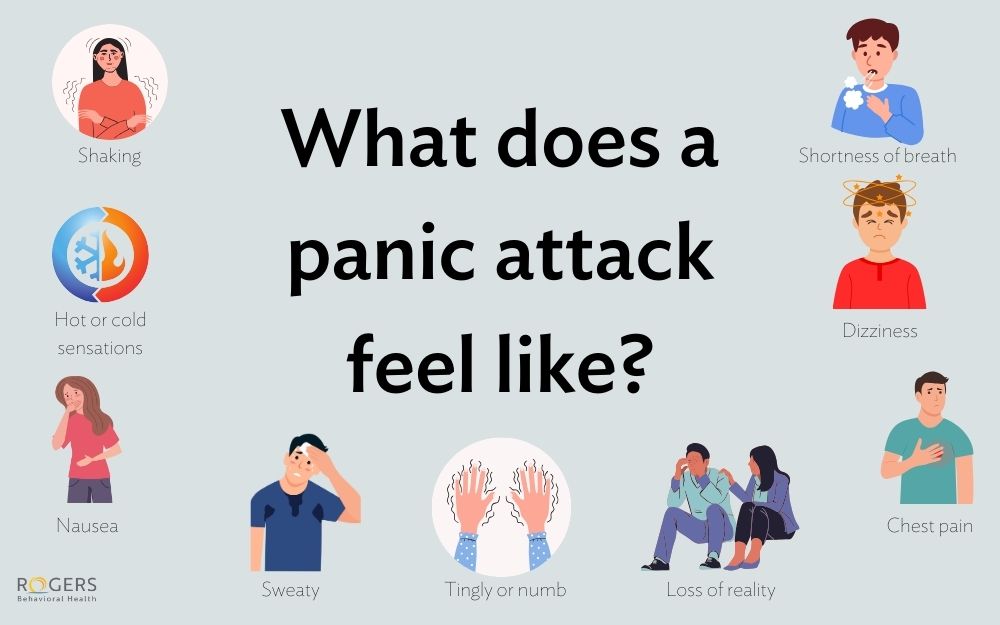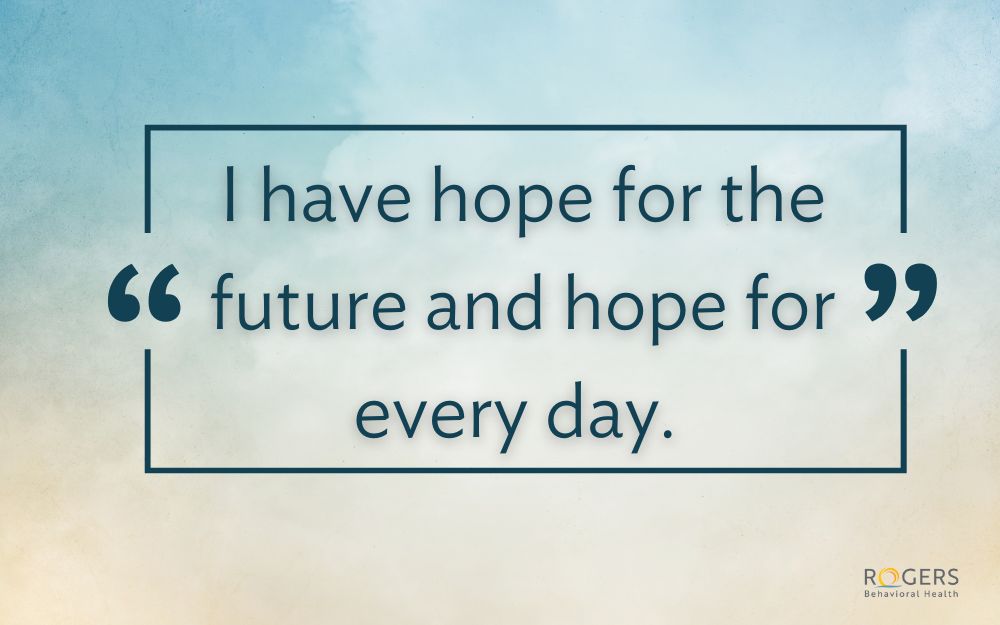How to find help for domestic violence during COVID-19
Posted on 05/19/20 02:59:pm
Share this article:
It’s being called a worldwide crisis within the pandemic. Cities across the country are seeing an alarming rise in calls to domestic violence hotlines, and UN chief António Guterres has called for measures to address a “horrifying global surge in domestic violence” linked to COVID-19 stay-at-home orders.
What is domestic violence?
“Domestic violence is a pattern of behaviors of a person trying to establish control over someone else,” says Chad Wetterneck, PhD, clinical director, Trauma Recovery Services at Rogers Behavioral Health. “Most of the time it involves physical violence or the threat of violence and attempts to psychologically and economically control and isolate.”
According to the National Coalition Against Domestic Violence, nearly 20 people per minute are physically abused by an intimate partner in the United States. That amounts to more than 10 million women and men every year.
The pandemic is forcing all of us to shelter at home, and that’s not a safe place for people who are being abused. “We have people who are inside their homes with an abuser. Many are out of work, which can bring a sense of helplessness. Sadly, abusers are taking it out on their partners,” says Dr. Wetterneck.
Dr. Wetterneck advises asking these questions if you think you may be a victim of domestic violence.
- If you leave your home, are you afraid to return?
- Are their weapons in your home?
- Have you been threatened?
- Do you have a place to stay if you leave?
“If you are experiencing domestic violence, please know that it is not your fault, and there are people who can help you,” Dr. Wetterneck adds. You can call the 24-hour, national, toll-free National Domestic Abuse Hotline at 1-800-799-7233 or check shelters in your area.
Rogers can help
If you or someone you love is suffering from the traumatic effects of domestic violence, the caring and compassionate team at Rogers with Trauma Recovery (PTSD) care can help. Call 800-767-4411 or request a free, confidential screening.



